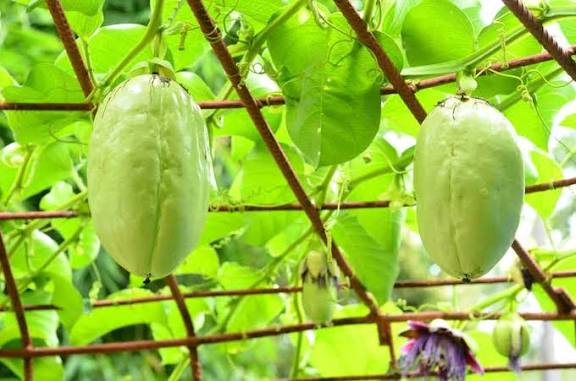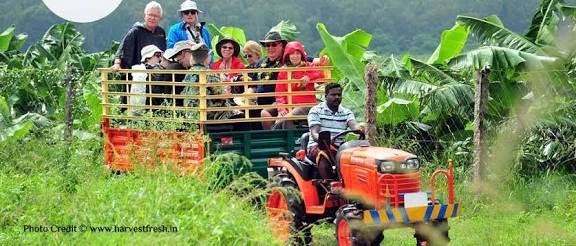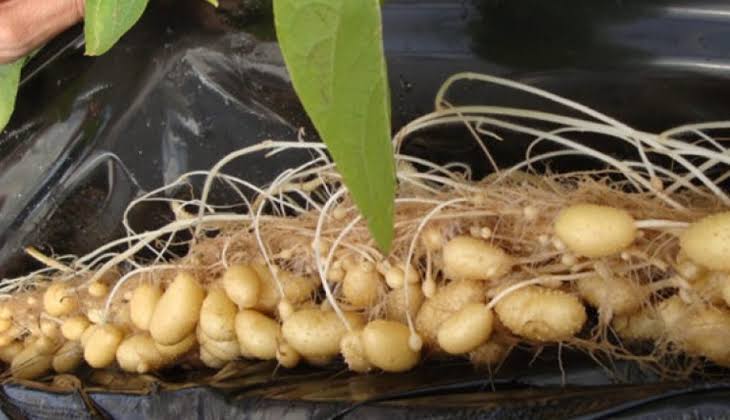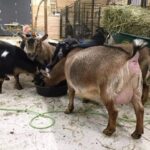Essential Beekeeping tips for beginners: How to keep your hives healthy and productive

Beekeeping, also known as apiculture, is a rewarding and eco-friendly venture that brings you closer to nature and to the sweet rewards of honey.
Whether you’re passionate about conserving the environment through pollination or aiming to earn income from honey and beeswax,beekeeping for beginners requires preparation, patience, and commitment.
To help you start strong, here are essential beekeeping tips for beginners to guide you in setting up and maintaining healthy, thriving bee colonies.
Start with the right equipment
Before bringing bees home, ensure you have the necessary protective gear and tools. Investing in quality beekeeping equipment promotes safety, comfort and efficiency.
Essential tools include:
Bee suit: Protects you from stings while you work around the hive.
Gloves: Keep your hands safe from stings and sticky propolis.
Smoker: Produces cool smoke that calms the bees, making hive inspections easier.
Hive tool:Helps you open hives, remove frames, and scrape propolis safely.
Bee brush: Used to gently move bees off combs during inspection.
Always prioritize comfort and quality. Nervous or uncomfortable handling can upset the bees and increase sting risk. Confident beekeepers create calm, cooperative colonies.
Choose the right hive location
Hive placement directly affects bee health and honey production. Bees thrive in sunny, quiet and sheltered environments with access to water and flowers.
When choosing a site:
Sunlight: Position the hive to receive morning sun so bees start foraging early.
Shelter: Shield from strong winds and heavy rain to prevent stress and moisture buildup.
Water source: Provide a shallow dish with stones or twigs so bees can safely collect water.
Accessibility: Pick a spot that’s easy for you to inspect but away from children, pets or high-traffic areas.
Avoid placing hives near busy paths or livestock bees may become defensive when disturbed. A calm environment ensures both **bee comfort and beekeeper safety**.
Inspect Regularly,But Gently
Hive inspections are essential for maintaining strong colonies. However, too much interference can stress your bees and reduce productivity.
Check your hives every 7–10 daysduring warm months. During inspections:
Look forsigns of the queen’s presence such as eggs and brood.
Check for pests and diseaseslike Varroa mites, wax moths or ants.
Assess honey and pollen stores and ensure there’s enough space for the bees.
Observe bee behavior, calm bees mean all is well; agitation signals problems.
In cold months, limit openings to conserve heat. Instead, observe from the outside and ensure good ventilation and food stores.
Keeping a hive journal to track inspections, progress and issues helps you grow as a beekeeper over time.
Understand Local Laws and Seasons
Successful beekeeping depends on your local climate, laws and flowering patterns. Each region has unique nectar flows, weather conditions and pest threats.
Before starting, research:
Registration rules:Many areas require hive registration for disease tracking.
Floral calendar:Learn when key flowers bloom to plan feeding and harvests.
Pesticide use:Identify potential chemical risks nearby and educate neighbors about bee safety.
Joining a local beekeeping club or training course gives you access to experienced mentors who understand your area’s conditions, a big advantage for beginners.
Feed and Protect Your Bees
In periods of nectar shortage or drought, supplement your bees with sugar syrup or pollen substitutes to maintain colony strength.
Keep hives elevated off the ground to deter pests such as ants, termites or rodents and regularly check for cracks, leaks or mold. A clean, well-maintained hive is less likely to attract invaders or disease.
Healthy, well-fed bees are more productive and better prepared for changing weather and pest pressure.
Be Patient and keep learning
Beekeeping is an evolving journey of discovery. Your first year is often about learning and establishing healthy colonies rather than harvesting large amounts of honey.
Stay curious ,read books, attend workshop and follow local experts. Observe how your bees behave, as they’ll often communicate their needs through movement and sound.
Patience is key. The more you learn to understand your bees, the more rewarding your beekeeping experience becomes.
Beekeeping is more than a hobby,it’s a partnership with nature. With the right equipment, a good location, regular inspections and continuous learning, you’ll create a thriving hive that supports the environment and rewards you with pure, natural honey.











